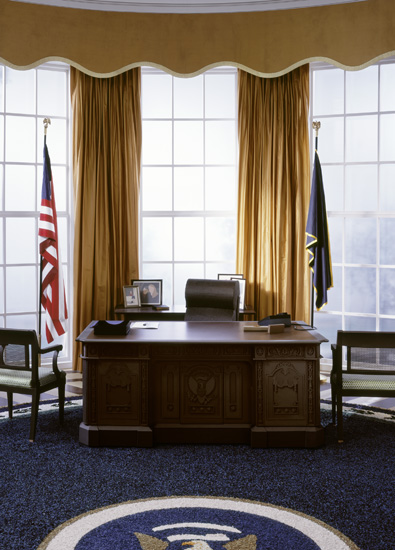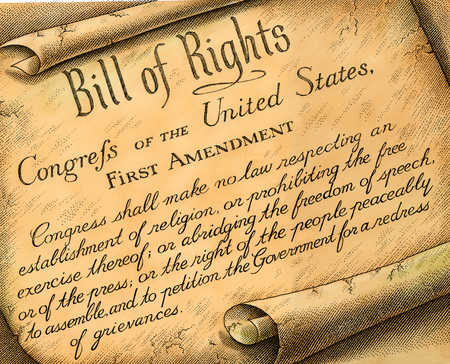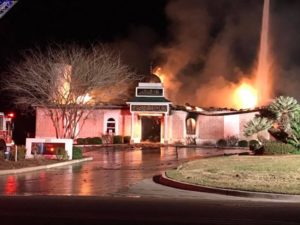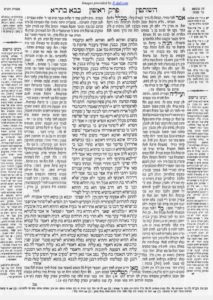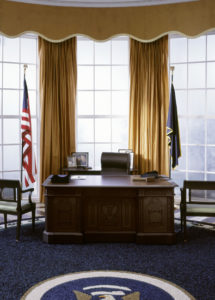 As I reflect on the first month of the new President, it appears clear that the arc of the presidency is shifting. The Founding Fathers were deeply concerned about an Imperial President and created checks and balances to help prevent the Presidency from devolving into a Sovereign. However, a combination of the Legislative branch ceding power to the Executive and a desire for decisive quick action has undermined the traditional process of lawmaking and enforcement. Debates have long raged over the creep towards an Imperial President. These debates have become increasingly political, accusing our Presidents of becoming imperious in the use and abuse of power. Now we appear to have arrived at a new tipping point; the Presidency is imperiled.
As I reflect on the first month of the new President, it appears clear that the arc of the presidency is shifting. The Founding Fathers were deeply concerned about an Imperial President and created checks and balances to help prevent the Presidency from devolving into a Sovereign. However, a combination of the Legislative branch ceding power to the Executive and a desire for decisive quick action has undermined the traditional process of lawmaking and enforcement. Debates have long raged over the creep towards an Imperial President. These debates have become increasingly political, accusing our Presidents of becoming imperious in the use and abuse of power. Now we appear to have arrived at a new tipping point; the Presidency is imperiled.
Erratic behavior, divisive language, pronouncements without an apparent understanding of the complexities of issues have led to a situation where the President risks marginalizing himself and his office. The Congress is potentially poised to fill the void and assume a position of primacy, provided a strong leadership can restore healthy debate and a cohesive vision for the nation. This is no small feat, but Mr. Ryan, the Speaker of the House, and Mr. McConnell, the Majority Leader of the Senate, could reassert the power of the Legislative Branch of Government.
The President must put forth a unified strategic vision that goes beyond provincial nationalism. His design needs to embody our core values including liberty, equality, and the pursuit of happiness, domestic tranquility. The President’s leadership must also protect and include all Americans. These priorities must also reconcile with our place as the leader of the free world. If the President is unable or incapable of fulfilling these responsibilities, legitimate power will shift to those who are capable, lest our system risk irreversible damage and decline. A government of, by and for the people must preserve, protect and defend us from adversaries both foreign and domestic.
It is our obligation to our nation and ourselves to demand no less. Too much hangs in the balance.

